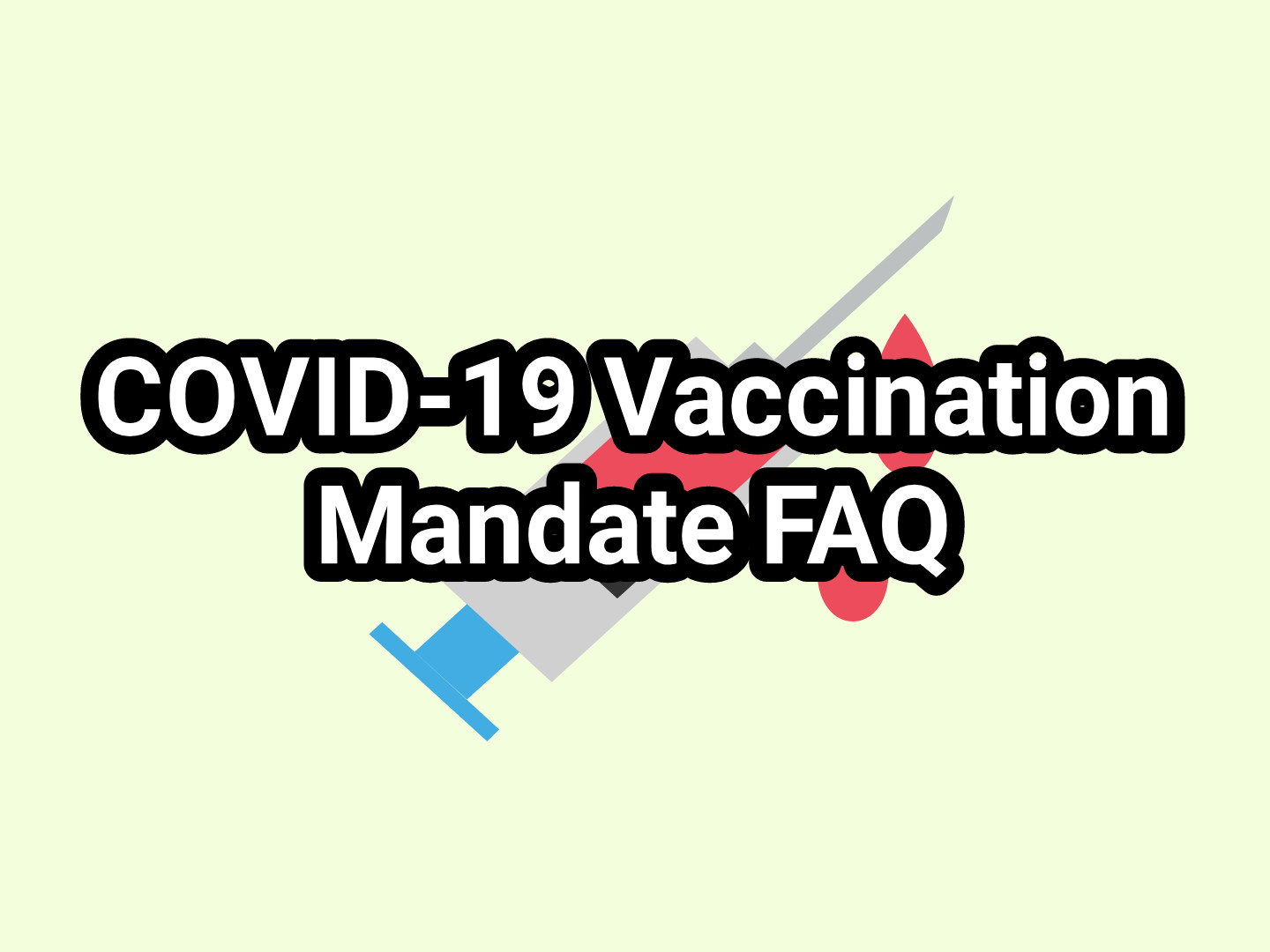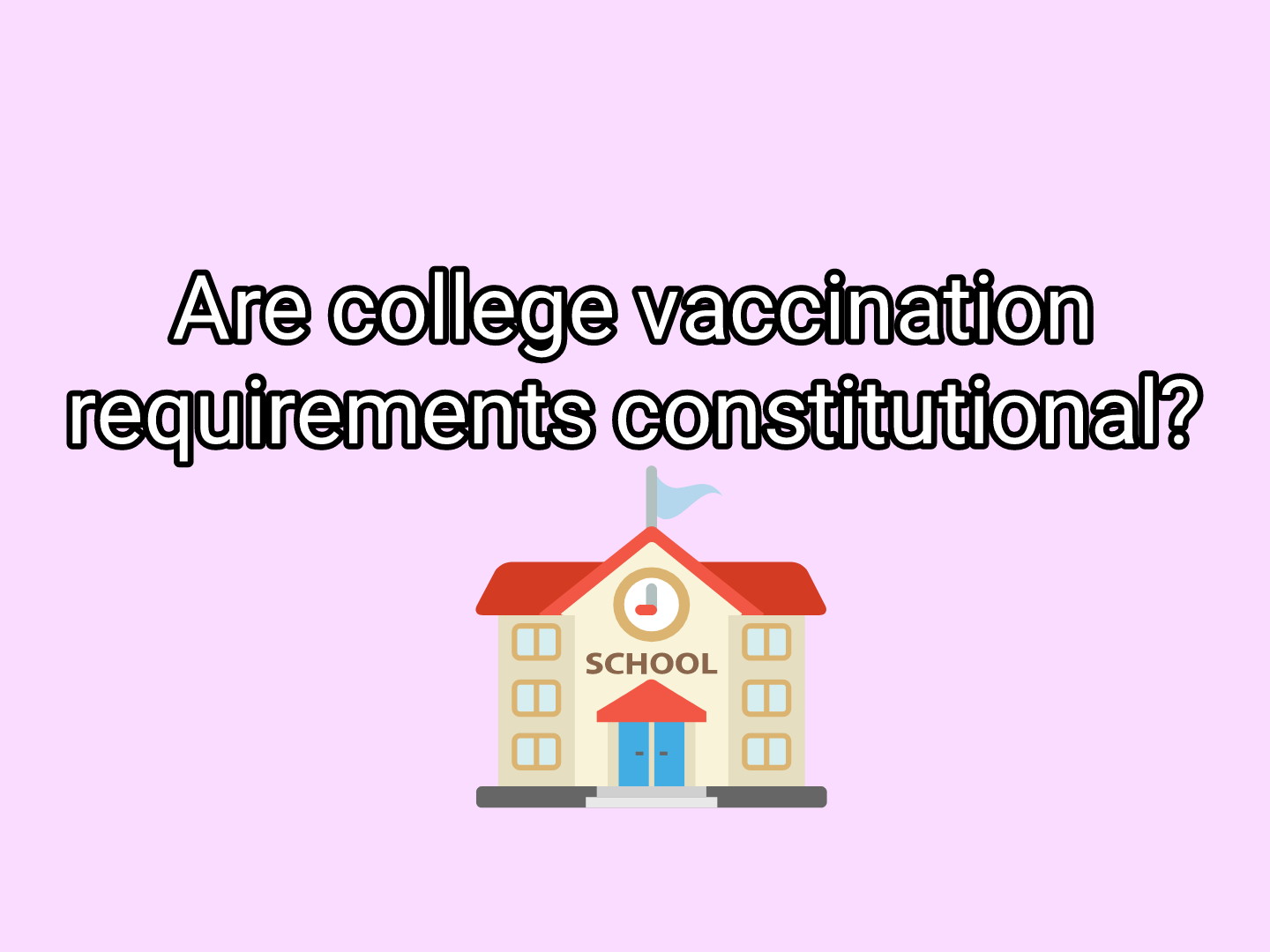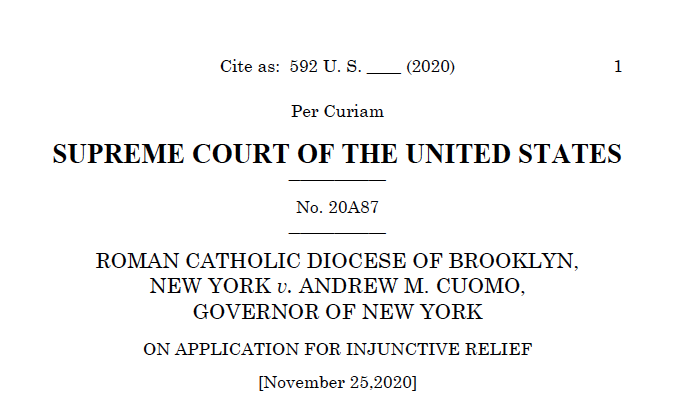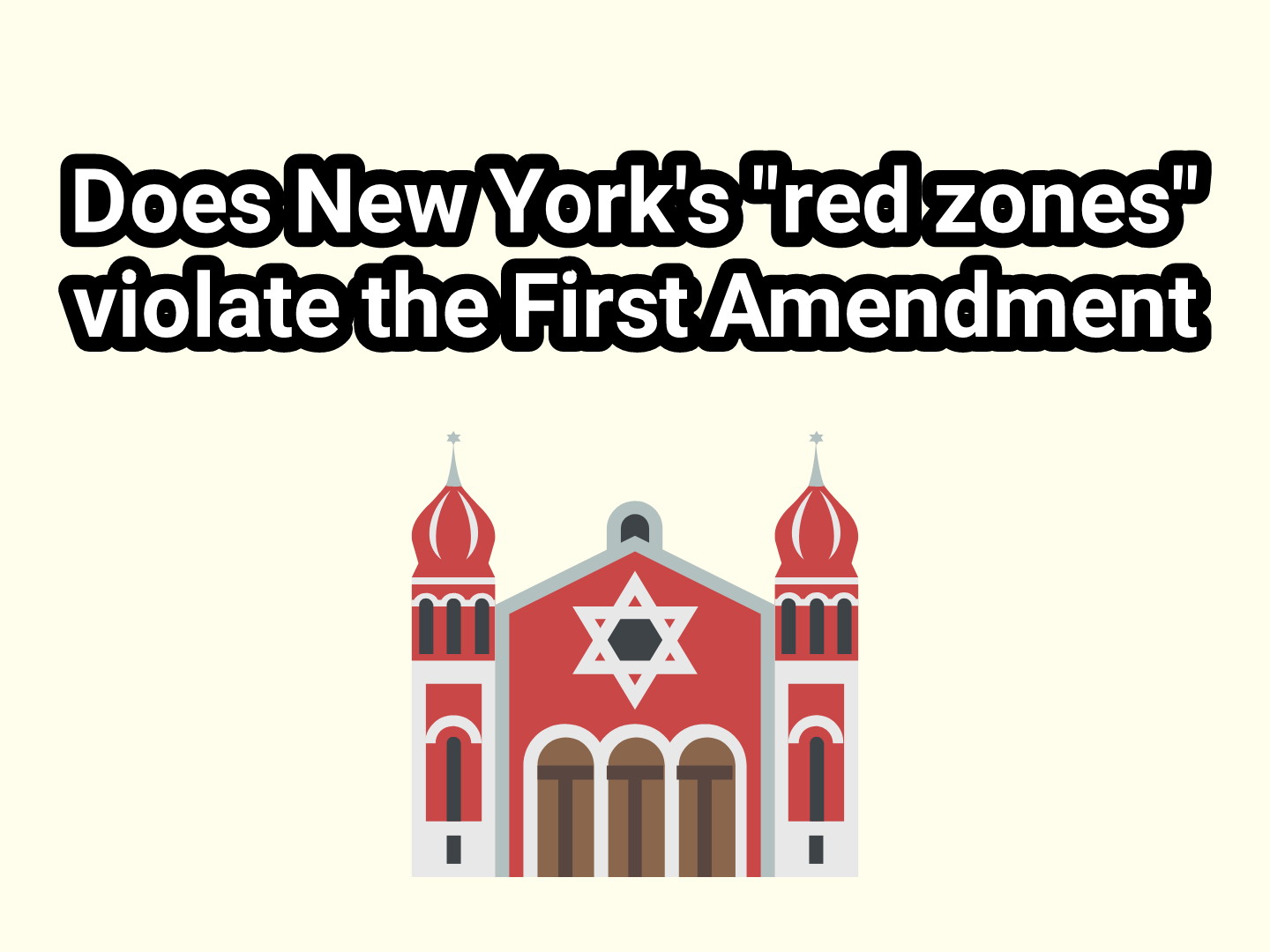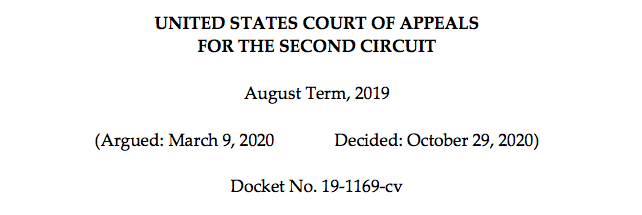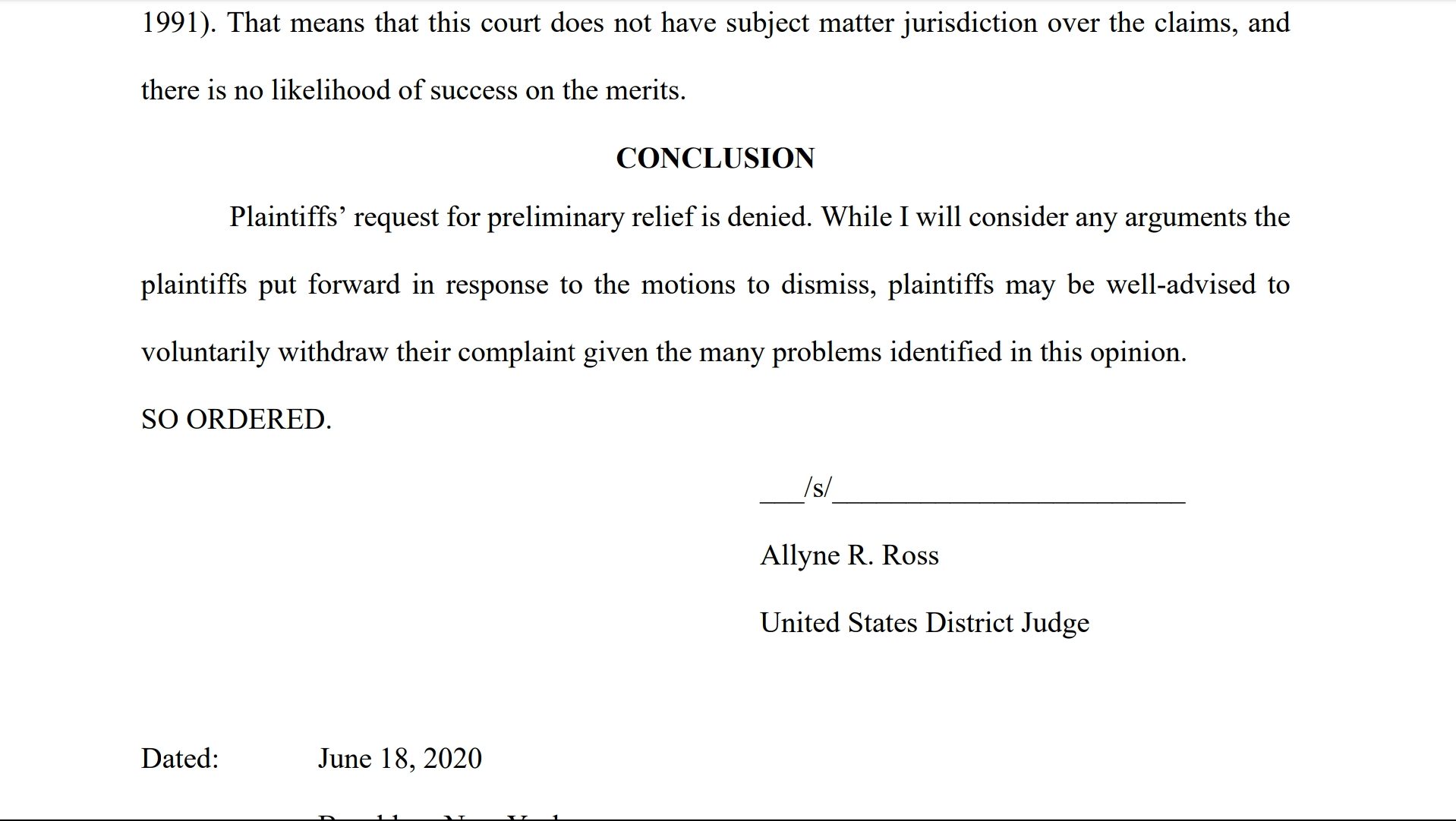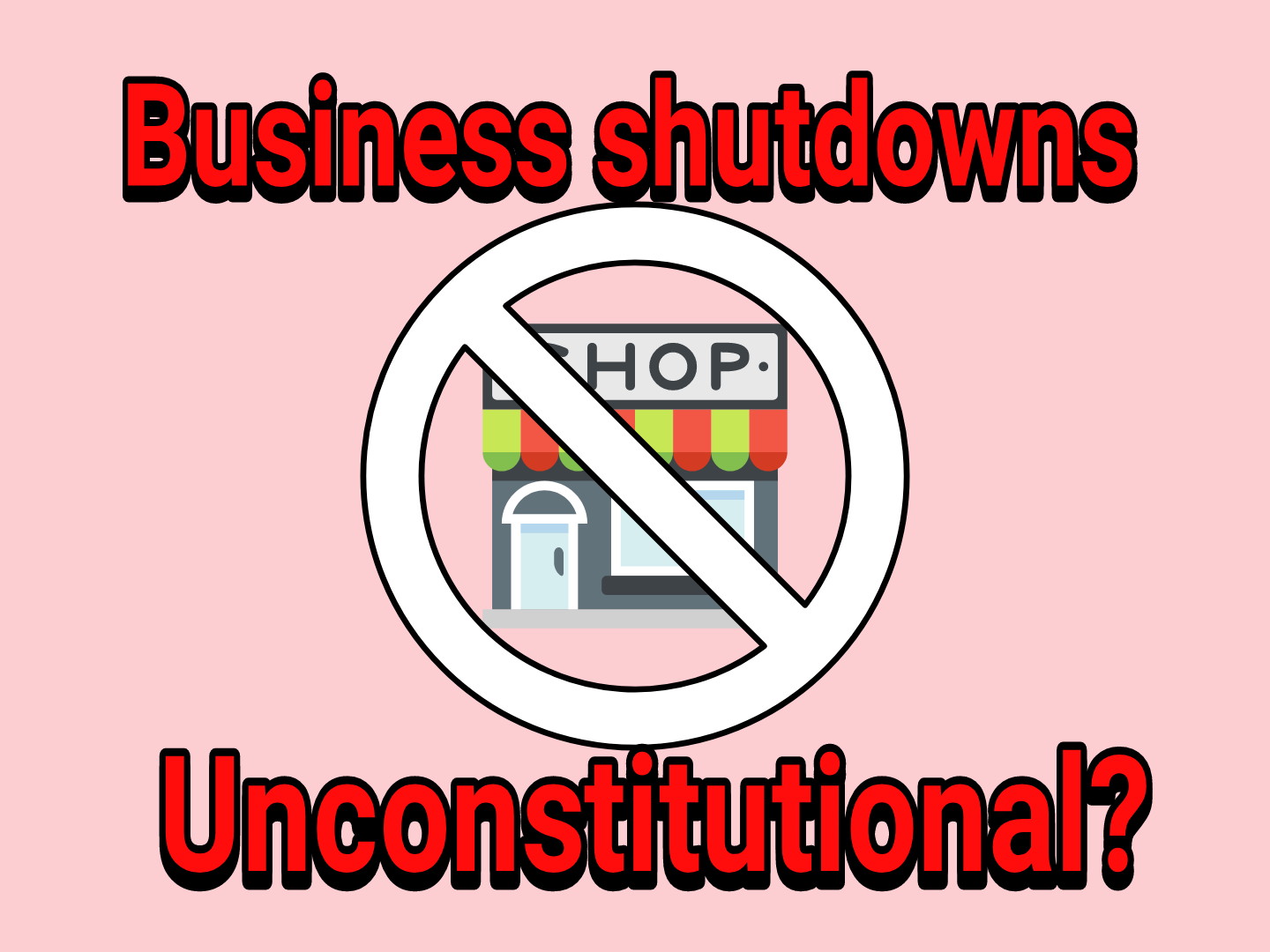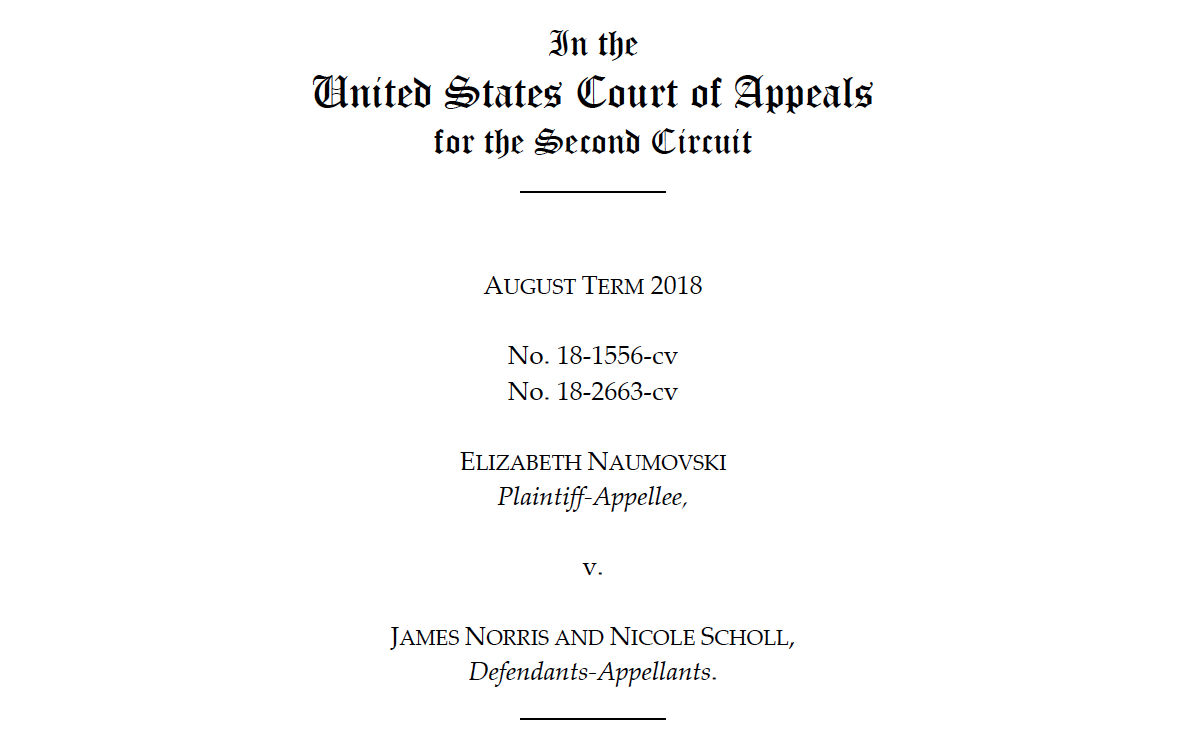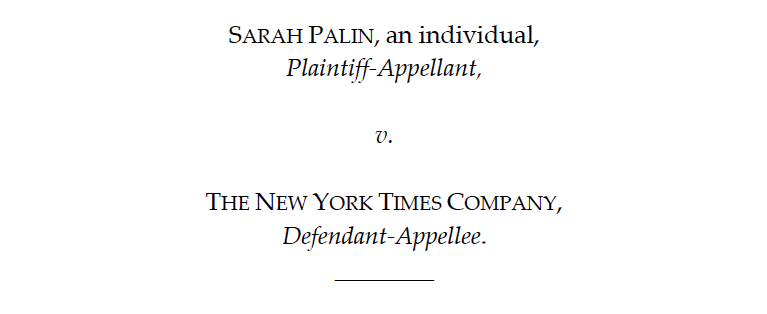As we predicted when the order issued on September 15, 2021, Justice Laurence Love has lifted an order he issued which would have blocked a New York City Vaccine Mandate from taking effect. Last week, the court issued a temporary restraining order prohibiting a New York City law from taking effect which would have required…
Continue reading ›Your Side










